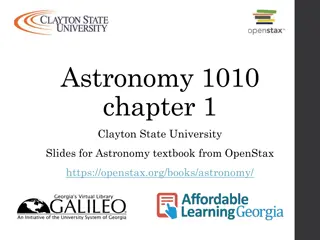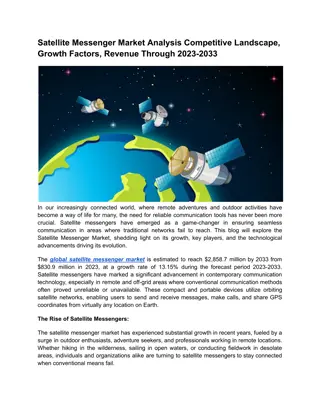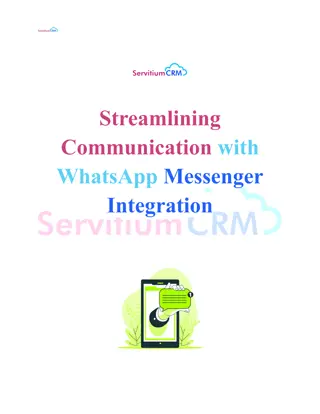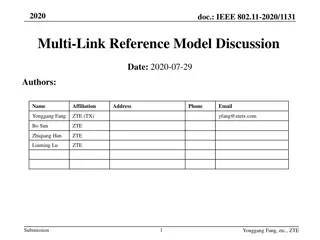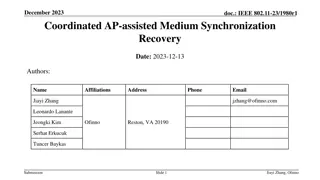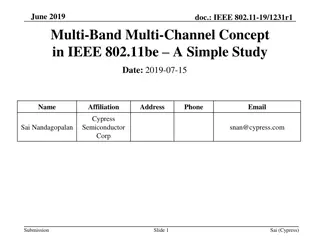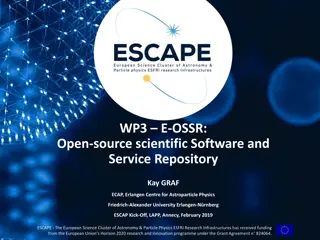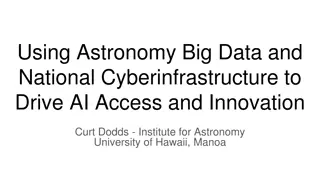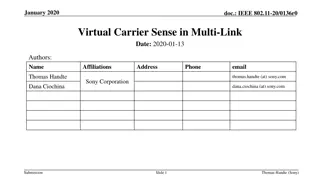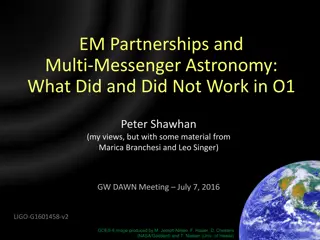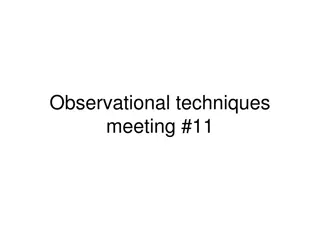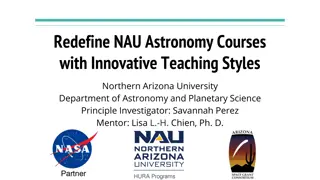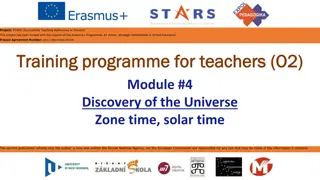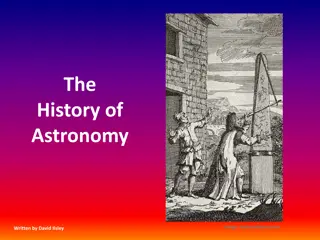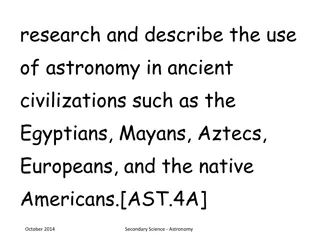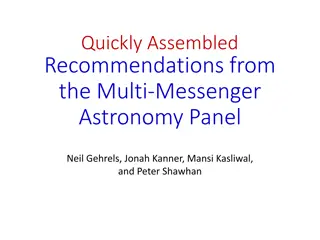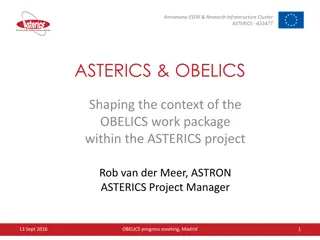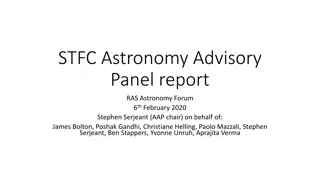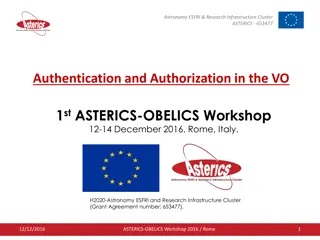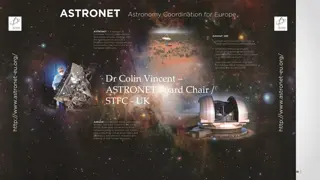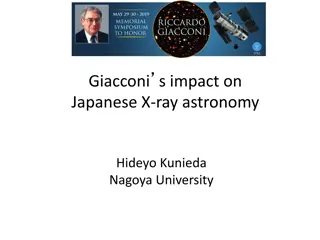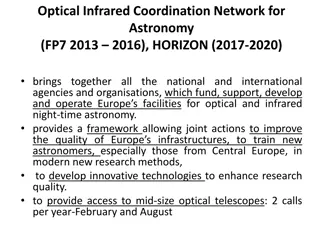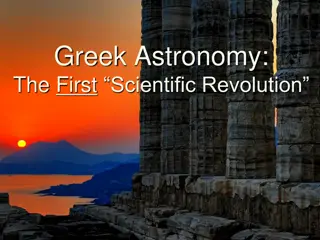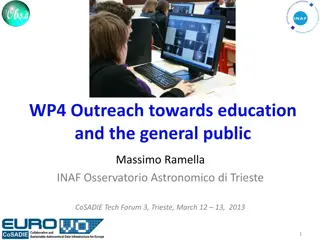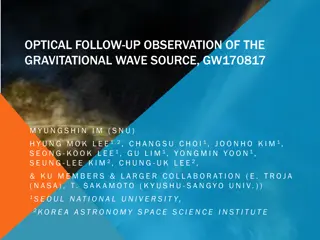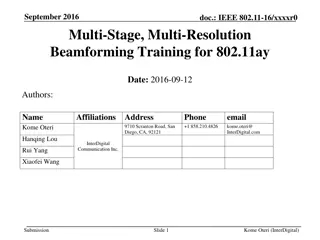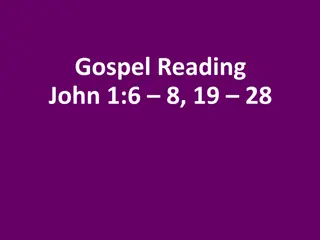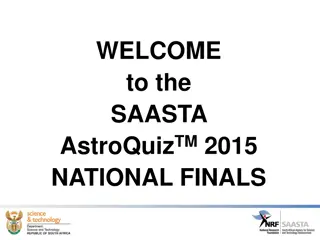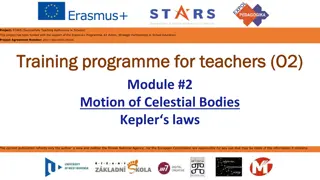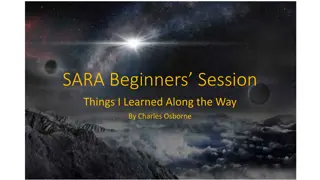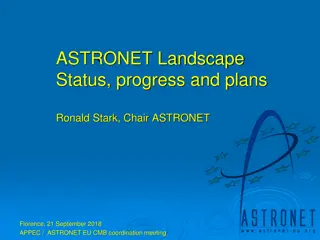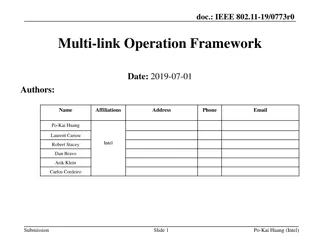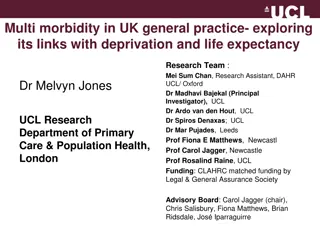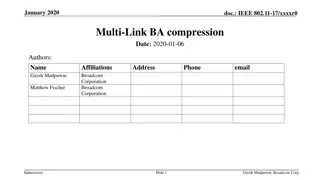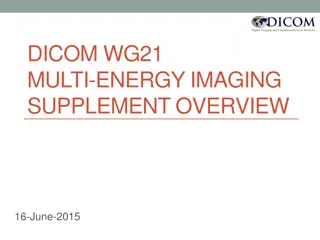Overview of WhatsApp Web | WhatsApp messenger | WebMaxy
The WhatsApp Web is a convenient extension of the popular WhatsApp Messenger, allowing users to access their messages from a computer. This seamless synchronization enhances communication flexibility. Meanwhile, WebMaxy takes this a step further, offering WhatsApp Commerce solutions for businesses.
1 views • 8 slides
READ⚡[PDF]✔ The Earth in Context: A Guide to the Solar System (Springer-Praxis S
\"COPY LINK HERE ; https:\/\/getpdf.readbooks.link\/1852333758\n\nget [PDF] Download The Earth in Context: A Guide to the Solar System (Springer-Praxis Series in Astronomy and Space Sciences) | The Earth in Context: A Guide to the Solar System (Springer-Praxis Series in Astronomy and Space Sciences)
1 views • 6 slides
Introduction to Astronomy: Exploring the Universe and Scientific Method
Distant galaxies, the oldest science of astronomy, and the scientific method are explored in this content. Astronomy delves into the study of objects beyond Earth, while the scientific method serves as a tool to understand nature through observations and experiments.
6 views • 10 slides
Satellite Messenger Market Analysis & Revenue Through 2023-2033
The\u00a0global satellite messenger market\u00a0is estimated to reach $2,858.7 million by 2033 from $830.9 million in 2023, at a growth rate of 13.15% during the forecast period 2023-2033.\nRead Report Overview: \/\/bisresearch.com\/industry-report\/satellite-messenger-market.html
4 views • 3 slides
Streamlining Communication with WhatsApp Messenger Integration
WhatsApp messenger integration allows companies to leverage the platform's vast reach and user-friendly interface to enrich customer engagement. By integrating WhatsApp into their existing systems and workflows, businesses can provide a unified communication experience, eliminating the need for cust
1 views • 6 slides
Understanding Multi-AP Operation in IEEE 802.11-20-0617/r3
Explore the basic definitions and key features of Multi-AP operation in the IEEE 802.11 standard. Learn about Multi-AP Candidate Set (M-AP-CS) and Multi-AP Operation Set (M-AP-OS) along with their participants and formation. Delve into the concepts of Coordinator AP, Coordinated AP(s), and reliable
0 views • 19 slides
IEEE 802.11-2020 Multi-Link Reference Model Discussion
This contribution discusses the reference model to support multi-link operation in IEEE 802.11be and proposes architecture reference models to support multi-link devices. It covers aspects such as baseline architecture reference models, logical entities in different layers, Multi-Link Device (MLD) f
1 views • 19 slides
IEEE 802.11-23/1980r1 Coordinated AP-assisted Medium Synchronization Recovery
This document from December 2023 discusses medium synchronization recovery leveraging multi-AP coordination for multi-link devices. It covers features such as Multi-link device (MLD), Multi-link operation (MLO), and Ultra High Reliability (UHR) capability defined in P802.11bn for improvements in rat
0 views • 8 slides
Understanding Multi-Band Multi-Channel Concept in IEEE 802.11be
Exploring the benefits of Multi-Band Multi-Channel (MBMC) operation in IEEE 802.11be, this study delves into the efficient use of spectrum, increased data rates, and network load balancing. It also discusses the envisioned usage models and compares Single Band Operation with Multi-Band Operation, hi
1 views • 20 slides
ESCAPE Kick-Off Meeting for E-OSSR in European Science Cluster of Astronomy & Particle Physics
European Science Cluster of Astronomy & Particle Physics (ESCAPE) initiated the E-OSSR project to establish an open-source scientific software and service repository. The project aims to promote open science in the EOSC while following the FAIR principle. Funded by the European Union's Horizon 2020
0 views • 26 slides
Exploring Astronomy Big Data and Cyberinfrastructure for AI Innovation
Harnessing the power of big data in astronomy, this presentation by Curt Dodds from the Institute for Astronomy at the University of Hawaii, Manoa, delves into the utilization of national cyberinfrastructure to advance artificial intelligence access and foster innovation in the field. The discussion
0 views • 40 slides
Virtual Carrier Sense in Multi-Link Networks
This document discusses the implementation and advantages of virtual carrier sense in multi-link networks under the IEEE 802.11 standard. It explores the operation of multi-link setups, asynchronous communication benefits, and the necessity of multiple contention channels. The concept of NAV (Networ
2 views • 11 slides
Lessons Learned from EM Partnerships and Multi-Messenger Astronomy in O1
Reflecting on the successes and challenges encountered in O1, this presentation by Peter Shawhan explores the effectiveness of different collaborative approaches in multi-messenger astronomy. Key points include prior research activities, experiences with partner groups, the significance of MOUs, and
0 views • 11 slides
Overview of Observational Techniques and Student Talks in Astronomy
This content covers observational techniques, student talks, and dates related to various astronomical topics such as gamma-ray astronomy, basics of gamma-ray interaction, scintillators and solid-state detectors, Compton telescopes, and pair telescopes. It provides insights into the main processes i
0 views • 23 slides
Innovating Astronomy Education at NAU Through Indigenous Perspectives
Explore how Northern Arizona University is reshaping astronomy education using innovative teaching styles with a focus on Indigenous Astronomy. Gain insights into effective teaching methods, the importance of Indigenous Astronomy lab content, teaching approaches, and creating engaging lab materials.
0 views • 7 slides
Performance Aspects of Multi-link Operations in IEEE 802.11-19/1291r0
This document explores the performance aspects, benefits, and assumptions of multi-link operations in IEEE 802.11-19/1291r0. It discusses the motivation for multi-link operation in new wireless devices, potential throughput gains, classification of multi-link capabilities, and operation modes. The s
0 views • 30 slides
STARS Project - Teaching Astronomy in Schools
The STARS (Successfully Teaching AstRonomy in Schools) Project, funded by Erasmus+ Programme, aims to provide innovative astronomy education resources for teachers through a training program and online platform. With modules covering topics from constellations to observatories, the project offers th
0 views • 27 slides
The History of Astronomy: From Ancient Wonder to Modern Science
Astronomy, the oldest science, has fascinated humanity for millennia. From early interpretations of celestial bodies as gods to the development of instruments in Mesopotamia to predict events like eclipses, the evolution of astronomy is rich and diverse. Aristotle's theories on the cosmos laid the f
0 views • 25 slides
Ancient Astronomy and Modern Contributions
Explore the use of astronomy in ancient civilizations like the Egyptians, Mayans, Aztecs, Europeans, and Native Americans, along with the historical origins of constellations and their role in navigation. Delve into the contributions of scientists such as Ptolemy, Copernicus, Galileo, and more, and
0 views • 46 slides
Quick Recommendations for Multi-Messenger Astronomy Advancements
Top astrophysicists Neil Gehrels, Jonah Kanner, Mansi Kasliwal, and Peter Shawhan suggest leveraging existing resources like global GW networks and optical/radio surveys. They propose supporting EM capabilities development, NASA missions, and data mining for efficient observations. Additional fundin
0 views • 6 slides
Advancing Astronomy Research with ASTERICS Project
The ASTERICS project, part of the Astronomy ESFRI Research Infrastructure Cluster, aims to enhance collaboration among astronomy, astrophysics, and particle astrophysics communities. By managing and exploiting large datasets through a Virtual Observatory framework, ASTERICS facilitates new scientifi
0 views • 11 slides
Insights into AAP Priority Projects for Astronomy Advancements
The STFC Astronomy Advisory Panel's reports discuss Priority Projects focusing on innovative ideas in astronomy, such as new telescopes, receiver systems, and radio astronomy proposals. The panel aims to cover a broad range of interests and strengthen scientific endeavors in various areas, seeking f
0 views • 11 slides
Authentication and Authorization in Astronomy: A Deep Dive into ASTERICS
Explore the world of authentication and authorization in the field of astronomy through the lens of the ASTERICS project. Learn about the importance of verifying identities and granting access rights, the Virtual Observatory Approach, Single Sign-On standards, and Credential Delegation protocols. Di
0 views • 9 slides
Comprehensive European Astronomy Development Planning by ASTRONET
ASTRONET, a group of European funding agencies and infrastructures, coordinates all aspects of European astronomy. Established in the early 2000s with EU funding, ASTRONET focuses on long-term planning for the development of European astronomy. It has created the European Science Vision and Infrastr
1 views • 7 slides
Riccardo Giacconi's Impact on Japanese X-ray Astronomy
Riccardo Giacconi played a significant role in Japanese X-ray astronomy, influencing the first generation of X-ray astronomers in Japan and contributing to the development of X-ray telescopes. His visits and collaborations with Japanese scientists, such as Hideyo Kunieda and Yasuo Tanaka, were instr
0 views • 8 slides
Optical Infrared Coordination Network for Astronomy (FP7 2013-2016), HORIZON (2017-2020)
This network consolidates funding and support for Europe's optical and infrared astronomy facilities, aiming to enhance infrastructure, train new astronomers, and develop cutting-edge technologies. It emphasizes collaboration among national and international agencies, optimizing access to mid-size t
0 views • 20 slides
Greek Astronomy: The First Scientific Revolution - A Visual Journey Through Ancient Greek Astronomy
Explore the world of ancient Greek astronomy through captivating images depicting landmarks, artifacts, and key figures such as Plato, Aristotle, Ptolemy, and Pythagoras. Discover the reasons behind the Greeks' reliance on astronomy, their contributions to science, and their rejection of mythologica
0 views • 52 slides
Consolidation of Outreach Activities in Astronomy Education
Massimo Ramella discusses various outreach activities aimed at educating the public about astronomy, including using tools like Aladin and Stellarium to explore the sky and engaging with elementary schools for educational experiences. The focus is on enhancing virtual learning practices and strategi
0 views • 13 slides
Optical Follow-Up Observation of GW170817 and GW Astronomy Milestones
Optical follow-up observations have been instrumental in studying the gravitational wave source GW170817. This event marked a significant milestone in GW astronomy, leading to Nobel prizes and advancements in astrophysical studies. The era of GW astronomy began in 2015 with the detection of GW150914
1 views • 33 slides
Multi-Stage, Multi-Resolution Beamforming Training for IEEE 802.11ay
In September 2016, a proposal was introduced to enhance the beamforming training procedures in IEEE 802.11ay for increased efficiency and MIMO support. The proposal suggests a multi-stage, multi-resolution beamforming training framework to improve efficiency in scenarios with high-resolution beams a
0 views • 11 slides
John 1:6-8, 19-28 - The Messenger John Prepares the Way
In John 1:6-8, 19-28, we learn about John the Baptist, who was sent by God to prepare the way for the coming of the Lord. He humbly acknowledges that he is not the light but only a messenger. When questioned by the Jewish authorities, he clarifies that he is not the Messiah, Elijah, or the Prophet,
0 views • 11 slides
SAASTA AstroQuizTM 2015 National Finals - Test Your Astronomy Knowledge!
Get ready for the ultimate astronomy challenge at the SAASTA AstroQuizTM 2015 National Finals. Follow the rules, answer intriguing questions about the Milky Way, Radio Astronomy, Square Kilometer Array, planets, Earth's equator, asteroids, and space missions. Test your knowledge, compete with other
0 views • 42 slides
Understanding Errors in Radio Astronomy Imaging
Errors in radio astronomy imaging can occur in the uv plane and image plane due to various factors such as measurement errors, calibration imperfections, and approximations made during processing. Different error types like additive, multiplicative, and convolutional errors impact the quality of ast
1 views • 40 slides
Project STARS: Enhancing Astronomy Education in Schools
Explore the Project STARS initiative funded by the Erasmus+ Programme, focusing on teaching astronomy in schools. This project offers training programs, methodological handbooks, online platforms, and modules covering topics like celestial bodies' motion, Newton's law of gravitation, and more. Teach
0 views • 16 slides
Crucial Lessons in Radio Astronomy for Beginners
Developing realistic expectations for weak radio astronomy signals, managing gain drift in electronics, combating interference from modern technology, emphasizing precision in data collection, and focusing on methodical calibration are key takeaways from Charles Osborne's insights on embarking on a
0 views • 15 slides
ASTRONET: Advancing European Astronomy Coordination
ASTRONET is a consortium focusing on strategic planning for European astronomy, aiding decision-making for long-term benefits. Key achievements include the Science Vision and Infrastructure Roadmap. Efforts are ongoing to support a sustainable Virtual Observatory and enhance coordination within Euro
0 views • 16 slides
IEEE 802.11-19/0773r0 Multi-link Operation Framework Summary
The document discusses the multi-link operation framework for IEEE 802.11-19/0773r0, focusing on load balancing and aggregation use cases. It introduces terminology related to multi-link logical entities and provides examples of multi-link AP and non-AP logical entities. The framework considers stee
0 views • 16 slides
Understanding Multi-morbidity and Deprivation in UK General Practice
Exploring the association between multi-morbidity, deprivation, and life expectancy in the context of UK general practice. The research aims to quantify socio-economic inequalities in chronic disease onset and life expectancy, particularly among older populations with multi-morbidity. Methods includ
0 views • 27 slides
IEEE 802.11-17: Enhancing Multi-Link Operation for Higher Throughput
The document discusses IEEE 802.11-17/xxxxr0 focusing on multi-link operation for achieving higher throughput. It covers motions adopted in the SFD related to asynchronous multi-link channel access, mechanisms for multi-link operation, and shared sequence number space. Additionally, it explores the
0 views • 14 slides
Overview of DICOM WG21 Multi-Energy Imaging Supplement
The DICOM WG21 Multi-Energy Imaging Supplement aims to address the challenges and opportunities in multi-energy imaging technologies, providing a comprehensive overview of imaging techniques, use cases, objectives, and potential clinical applications. The supplement discusses the definition of multi
0 views • 33 slides

![READ⚡[PDF]✔ The Earth in Context: A Guide to the Solar System (Springer-Praxis S](/thumb/21508/read-pdf-the-earth-in-context-a-guide-to-the-solar-system-springer-praxis-s.jpg)
